
Eczema is a skin disorder characterized by loss of moisture of the affected skin, skin irritation and inflammation. It is estimated that approximately 15 million people is affected by eczema each year. The condition generally begins in childhood, while the skin is still tender. Itching of the affected skin is blamed for scratching and making matters worse.
Fortunately, most people eventually deal with their condition with the assistance of many medications. A number of patients suffering from eczema are prescribed Hydrocortisone. This is a very potent drug, capable of bringing each and every symptom of inflammation under control, which is the goal of treatment for eczema. Still, Hydrocortisone must be used carefully and moderately because of some side effects. After all, this is a drug belonging to a group of steroids, which are all manipulated, prescribed and used under supervision.
What are Benefits of Hydrocortisone for Eczema?
Hydrocortisone is basically prescribed for topical use, in a form of an ointment or cream. Once applied, all signs of inflammation soon subside. This is because the drug have major anti-inflammatory properties.
The drug is successful in approximately 80% of cases. The cream or ointment is of strength 1% and one should never use creams of higher strength unless the affected skin is tough and thicker. The rash can significantly withdraw 2-3 days after the onset of treatment.
Hydrocortisone cream should never be used without consulting a well experienced dermatologist. The drug may be used in babies but only after consultation with the doctor and if the cream/ointment is of lower strength. Finally, applying Hydrocortisone on the groin area is strictly forbidden.
As for oral steroids, these are recommended only in case of severe eczema, the one that cannot be brought under control with topical Hydrocortisone.
What are Side Effects of Hydrocortisone for Eczema?
Doctor chose the dose of Hydrocortisone cream or ointment and explains the mode of application. People who opt for high strength Hydrocortisone and apply it to a thin skin may up with skin abrasions and even more damage to the treated skin.
Also, the drug is supposed to be used as recommended (for a short period of time, if possible). Prolonged usage of Hydrocortisone creams and ointments may cause skin atrophy, stretch marks and other changes. The skin also becomes more susceptible to bacteria and fungi (becomes prone to infections). Finally, if one uses Hydrocortisone of higher strength, he/she is at risk to absorb the drug which may eventually cause suppression of production of certain hormones of the adrenal gland.


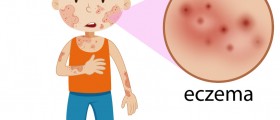

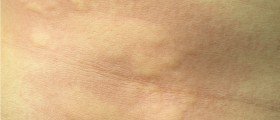


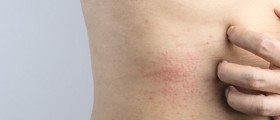

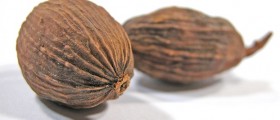

-Causes,-Symptoms-And-Diagnosis_f_280x120.jpg)

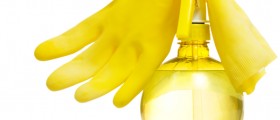



Your thoughts on this
Loading...